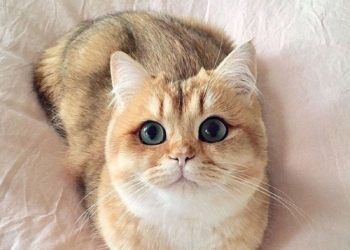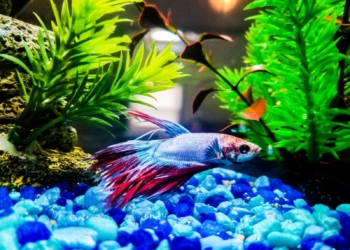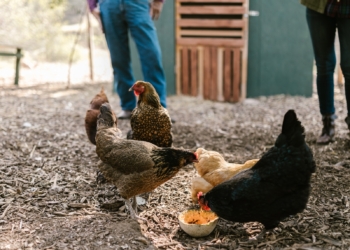If you’re a cat person, you know how particular felines can be about their food. One day they relish a particular flavour, while the next day they may turn their nose up at the same dish. But there is one food that will get a paw of approval from most cats and that is sardines. sardines for cats is an amazing food option.
So if you are thinking of Adding Sardines to your cat’s diet. This article is for you and you must know about all the pros and cons of feeding sardines to your cat.
What are Sardines?
Sardines are small, oily fish that are packed with nutrients that are essential for feline health. They are low in calories, rich in omega-3 fatty acids, protein, and vitamins and minerals like vitamin B12, selenium, and calcium. And the good news is that cats love them!
But are sardines beneficial to your cat’s health? Let’s find out.
Why Your Cat Needs Sardines
Sardines provide several benefits to your cat, such as:
1. Omega-3 Fatty Acids
Sardines are packed with omega-3 fatty acids, which are crucial in maintaining your cat’s coat, skin, and joint health. They can also regulate inflammation in the body, reducing the risk of certain chronic diseases like arthritis.
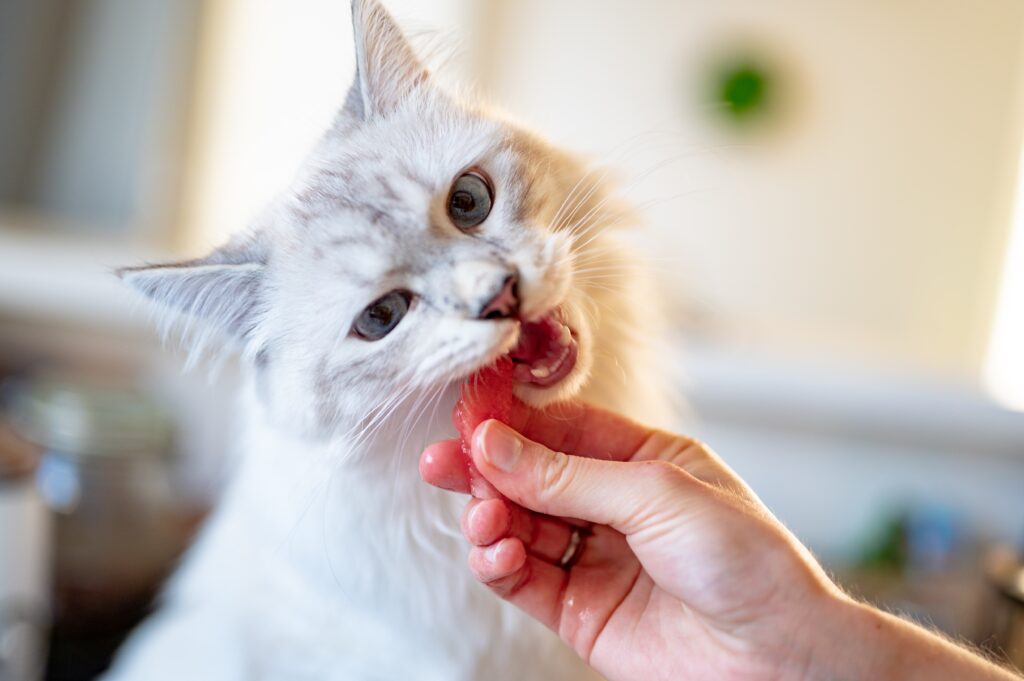
2. Protein
Sardines are a great source of protein, which is vital for muscle growth, repair, and maintenance in cats.
3. Vitamin B12
Cats may face a deficiency of vitamin B12, which can cause various health issues such as gastrointestinal problems, anaemia, and neurological issues. Sardines are a great source of vitamin B12, which can help your cat stay healthy.
4. Calcium and Selenium
Sardines are also a good source of calcium and selenium, which play a vital role in bone health and immune system function, respectively.
How to Feed Sardines to Your Cat
If you have a cat and you are thinking of adding Sardines to their diets. Here are some tips to help you incorporate sardines into your cat’s diet:
1. Choose the Right Sardines
Opt for sardines that are canned in water rather than oil, as oil may contain added salt and other ingredients that are not suitable for your cat’s digestive system. Also, ensure that the sardines are boneless and skinless before feeding them to your cat.
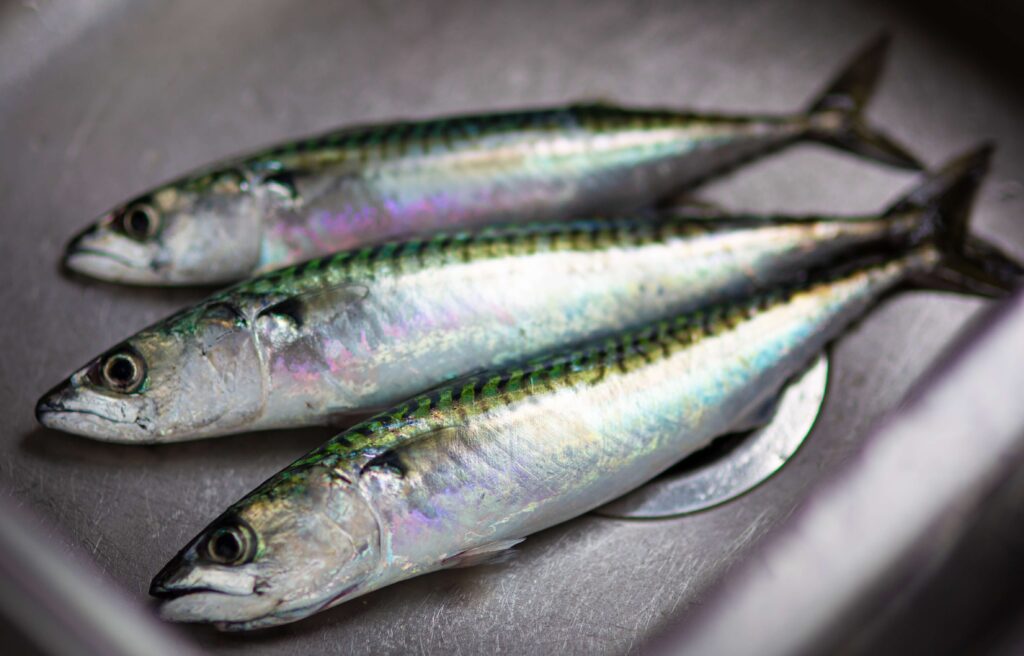
2. Start Slowly
Introduce sardines to your cat’s diet slowly to avoid digestive upset. Start by offering a small piece of sardine as a treat to see how your cat reacts.
3. Serve in Moderation
While sardines have numerous nutritional benefits, too many of them can do more harm than good. Feed sardines to your cat in moderation, as it’s already a rich source of protein. just like thymes, this should also be given in moderation. Also, keep in mind that your cat’s dietary needs may vary depending on its age, activity level, and overall health status.
Risk of Feeding Sardines to Cat
As mentioned above Sardines have so many health benefits. However, if you dont feed them in moderation it can have various side effects as well. Here are a few adverse effects that can happen if you overfeed your cat.
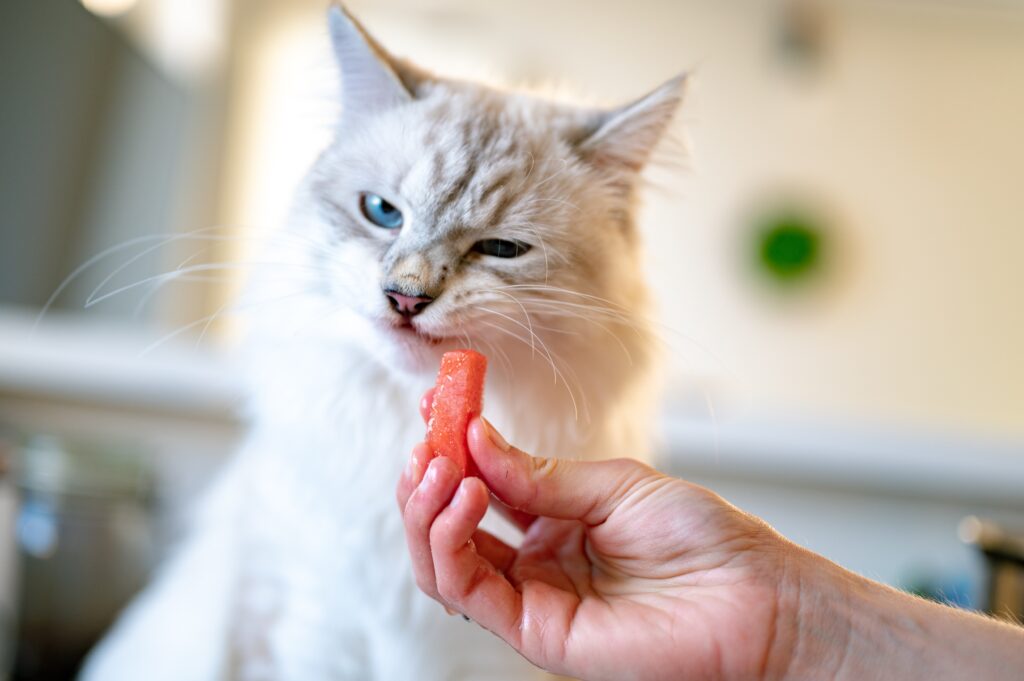
1. Digestion Problems
Introducing new foods or sudden changes in a cat’s diet can cause digestive problems. If a cat is not habitual of eating sardines or other types of fish, it may experience symptoms such as diarrhoea, vomiting or gastrointestinal discomfort.
2. Allergic Reaction
Cats like humans can develop allergic reactions to certain foods. While allergic reactions to fish are not as common in cats. However, still possible for cats to have allergic reactions to sardines. So make sure you keep an eye on your cat’s health after feeding sardine.
3. Thiamine Deficiency
Feeding an excessive amount of raw fish, including sardines, can lead to thiamine (Vitamin B) deficiency in cats. Thiamine is an essential nutrient for cats, and its deficiency can cause neurological problems, such as loss of appetite, seizures, or even death in severe cases.
4. Mercury Toxicity
Sardines like many other fishes can contain mercury. High levels of mercury can be harmful to cats if consumed regularly or in large amounts. Moreover, mercury toxicity can lead to neurological problems such as tremors, muscle weakness and many more.
All these are potential side effects of feeding sardines to your cat. So make sure to observe your cat’s behaviour and monitor their health as well. This will help in the early detection of any side effects.
FAQs About Sardines for Cats
Here are answers to some common questions that cat owners have about feeding sardines to their furry friends:
Can sardines be fed to cats daily?
While sardines are a great addition to a cat’s diet, they should not be fed daily, as they are already a rich source of protein. Limiting it to once or twice a week is enough.
Can I feed my cat sardines in oil?
It’s not recommended to feed cats sardines in oil as they may contain added salt or other ingredients that can harm your cat’s digestive system.
Can sardines cause an upset stomach in cats?
Yes, sudden changes in a cat’s diet can cause digestive upset, including diarrhoea and vomiting. Introduce sardines to your cat’s diet gradually.
Is there a risk of mercury poisoning in sardines?
Sardines are generally considered to be a safe and healthy food for cats. However, you should avoid sardines that may be contaminated with heavy metals, particularly mercury. To be on the safe side, buy sardines that are certified to be free of toxic contaminants.
Can I feed sardines to kittens?
Sardines are suitable for cats of all ages, including kittens. However, ensure that the sardines are boneless and cooked thoroughly before feeding them to kittens.
Can sardines be used as a replacement for cat food?
Although sardines are a nutritious addition to your cat’s diet, they should not be used as a replacement for cat food. Your cat needs a balanced diet that includes all the necessary nutrients, and sardines alone may not provide everything your cat needs.
Conclusion
Sardines are an excellent addition to your cat’s diet and can provide numerous health benefits. However, it’s essential to ensure that you serve them in moderation and choose the right kind. Follow our tips above to include sardines in your cat’s diet and keep your feline friend healthy and happy.



